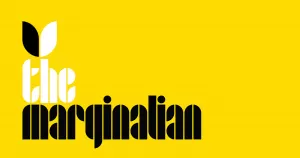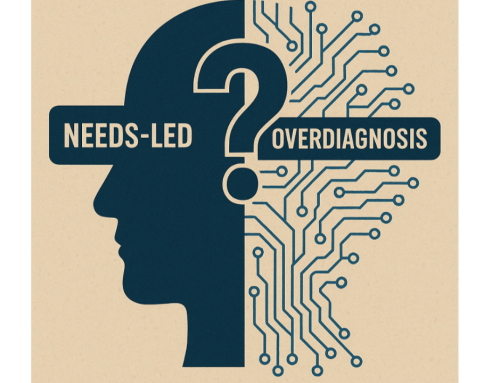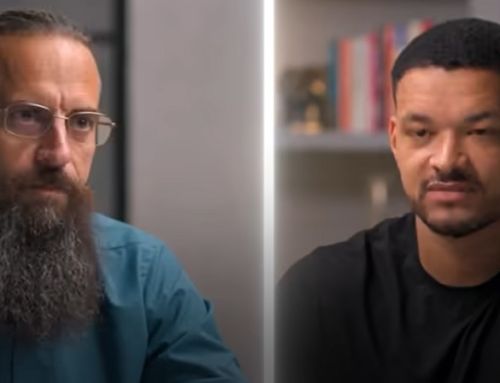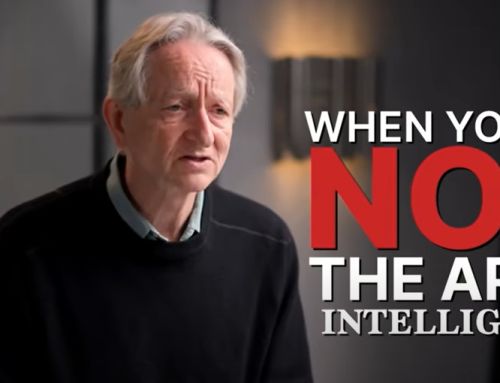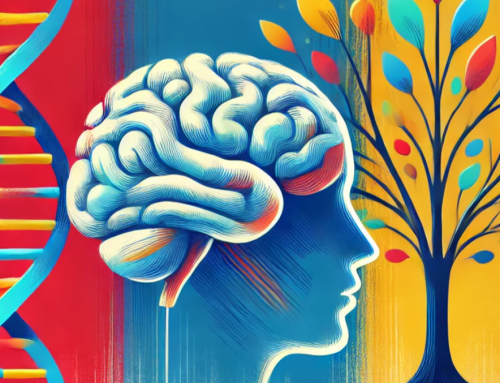I am an ardent reader and devourer of information on a daily basis – I subscribe, support, and read numerous journals, newsletters, books and other information sources in both print and digital formats at every turn.
For over fifteen years, Maria Popova has produced ‘The Marginalian’ (formerly Brain Pickings) and I would encourage you to sign up for her newsletters, visit her facebook page, and if you are able, donate to ensure her free newsletter continues to be published for another fifteen years.
In her latest newsletter, Maria delves into forgiveness and rabbi Danya Ruttenberg’s book ‘On Repentance and Repair’, addressing the nuances of forgiveness in the unapologetic world we live in.
As a neurodiverse person, I found the article resonated with me and some of the issues I face in the current world.
An extract is below, but to read the whole article, visit The Marginalian Newsletter here.
Repentance, Repair, and What True Forgiveness Takes: Lessons from Maimonides for the Modern World
“To forgive is to assume a larger identity than the person who was first hurt,” poet and philosopher David Whyte wrote in his reckoning with the depths of life. “Forgiving,” Hannah Arendt offered a generation earlier in her splendid antidote to the irreversibility of life, “is the only reaction which does not merely re-act but acts anew and unexpectedly, unconditioned by the act which provoked it and therefore freeing from its consequences both the one who forgives and the one who is forgiven.”
And yet our culture holds up forgiveness as a moral virtue in too binary a way, placing the brunt of repair on the wounded, making little demand of the wounder. We need more nuance than this, and such nuance is what rabbi Danya Ruttenberg offers in On Repentance And Repair: Making Amends in an Unapologetic World (public library) — a field guide to the rewards and nuances of forgiveness, drawing on the medieval Jewish philosopher Maimonides’s classic Laws of Repentance, using their ancient wisdom to calibrate our cultural reflexes and modernizing their teachings to account for our hard-earned evolution as a species conscious of its own blind spots.
An archival PDF of the article can also be found here, but again I would urge you to sign up for the newsletters and support Maria Popova’s work.
